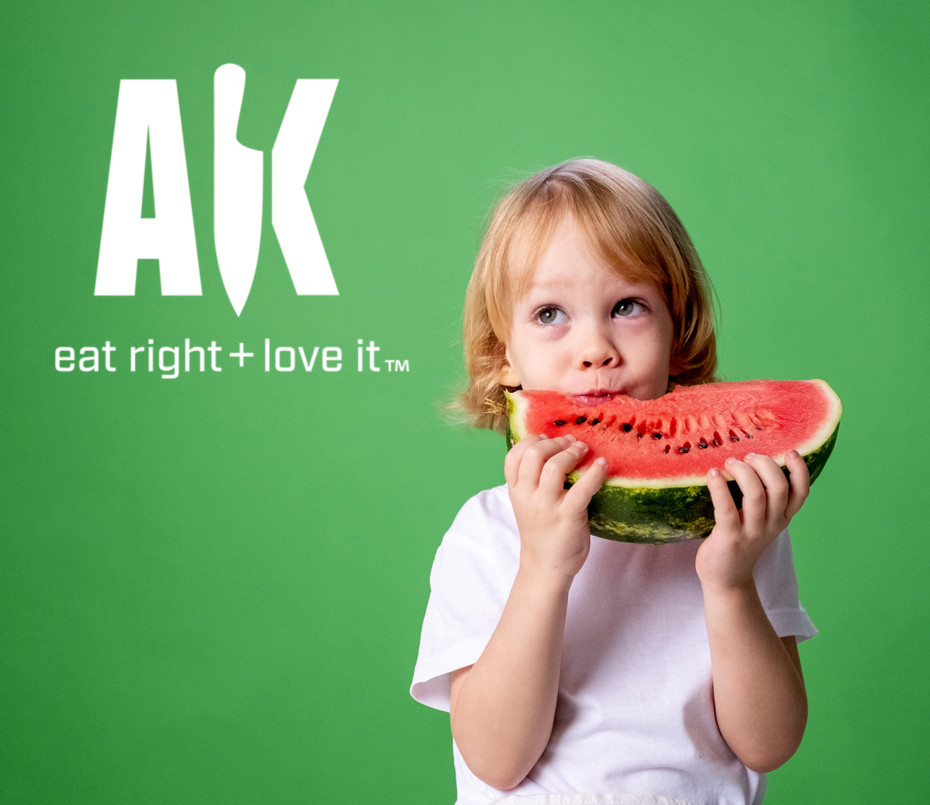Food Choices and Depression
How Our Emotions Affect the Food Choices We Make: Is It Linked to Depression?
How do our emotions affect the food choices we make? Is it linked to depression? This article explores the strong connection between our emotional state and food choices, particularly focusing on how our emotions affect the food choices we make; is it linked to depression? We will also discuss the impact of depression on eating behaviors and how to manage emotional eating.
Key Takeaways
- Emotions significantly influence eating habits, with stress leading to cravings for high-calorie comfort foods that can negatively impact long-term health.
- Emotional eating is closely linked to depression, where individuals use food to cope with negative feelings, perpetuating a cycle of unhealthy eating and increased depressive symptoms.
- Identifying the difference between emotional and physical hunger is crucial for breaking the cycle of emotional eating and promoting healthier food choices.
How Emotions Influence Eating Habits
Emotions play a powerful role in shaping our eating habits. When we’re feeling stressed, sad, or even happy, our food intake and choices can be significantly affected. For many, emotional well-being and eating patterns are deeply interwoven, influencing each other in ways that are not always apparent.
Stress, in particular, is a major factor that can lead to unhealthy eating habits and unhealthy food choices. Stressed individuals often crave high-calorie comfort foods, such as those high in sugar and fat, in an attempt to improve their mood. This behavior is not just a coincidence; it’s a physiological response where our bodies seek out food consumption that provides a quick energy boost and a temporary sense of relief.
However, this temporary emotional boost comes at a cost. While comfort foods may provide short-term satisfaction, they can have detrimental effects on our health in the long run. Consuming unhealthy foods regularly can lead to weight gain, feelings of guilt, and even binge eating disorders. On the other hand, wholesome foods have the potential to improve our mood and overall well-being, illustrating the intricate connection between emotions and diet.
Food choices don’t just affect our physical health; they also influence our psychological reactions. For instance, using food as a reward can reinforce emotional eating, causing individuals to eat based on their emotional needs rather than hunger. This cycle of emotional eating can lead to negative feelings about one’s eating behaviors, further complicating the relationship between emotions and food.
Emotional Eating and Depression: Understanding the Connection
The connection between emotional eating and depression is well-documented. Individuals with depression often turn to food as a coping mechanism, using it to manage their feelings of sadness, anxiety, or stress. This behavior can lead to unhealthy eating patterns and exacerbate depressive symptoms.
Depression can cause individuals to crave high-fat, high-sugar, and high-salt foods, particularly during periods of low mood. These foods provide a temporary sense of comfort but do little to improve overall mental health. In fact, relying on unhealthy foods can lead to a cycle of guilt and emotional distress, further contributing to the risk of depression.
Identifying Emotional Hunger vs. Physical Hunger
Distinguishing between emotional hunger and physical hunger is essential for breaking the cycle of emotional eating. Emotional hunger occurs when individuals consume food to cope with negative emotions rather than to satisfy physical hunger. This behavior can be triggered by stress, boredom, loneliness, or other emotional states.
Being aware of your emotional state helps in recognizing emotional hunger. Checking when you last ate and assessing your feelings allows you to better identify whether you are emotionally or physically hungry. This understanding promotes mindful choices and a healthier relationship with food.
Common Triggers of Emotional Eating
Various emotional states and situations often trigger emotional eating. Stress, sadness, and boredom commonly lead people to seek comfort in food. Even positive emotions and social gatherings can prompt emotional eating.
Daily stressors like relationship issues, work pressure, and fatigue often trigger emotional eating. These stressors can create a pattern of using food to cope with emotional distress, reinforcing unhealthy habits.
Impact of Emotional Eating on Physical and Mental Health
Emotional eating impacts both physical and mental health significantly. Eating in response to negative emotions can increase body mass index (BMI) over time, raising the risk of chronic diseases like type 2 diabetes and heart disease. Emotional eaters often consume unhealthy, energy-dense foods, leading to weight gain and health issues, including binge eating disorder.
The psychological effects of emotional eating are equally troubling. Emotional eaters frequently feel guilt, shame, and distress about their eating habits and body image. This distress can create a cycle where negative emotions prompt unhealthy eating, worsening those negative feelings.
Strategies to Combat Emotional Eating
Addressing emotional eating involves a multifaceted approach, including awareness, alternative coping mechanisms, and conscious food choices. Recognizing and understanding emotional eating patterns and triggers is the first step in managing it.
The Role of Therapy in Addressing Emotional Eating
Therapy is crucial in addressing emotional eating, helping individuals understand and manage their emotions. Cognitive-Behavioral Therapy (CBT) and Dialectical Behavior Therapy (DBT) are particularly effective. CBT helps identify and change negative thought patterns, while DBT focuses on mindfulness and emotional regulation.
Therapists offer strategies to manage complex emotions, enhance emotional regulation, and develop healthier coping mechanisms. Therapy can effectively break the cycle of emotional eating and foster a healthier relationship with food.
Healthy Foods That Boost Mental Well-Being
Healthy foods significantly enhance mental well-being and counteract emotional distress. High consumption of fruits and vegetables is linked to increased optimism, better sleep quality, and overall life satisfaction.
Specific fruit subgroups like berries and citrus fruits particularly benefit mental health. Rich in vitamins and antioxidants, these foods help reduce depressive symptoms and improve brain function.
Processed fruit and vegetable products, when consumed appropriately, can also positively impact mental well-being. A balanced diet rich in nutrient-dense foods enhances mental health and helps mitigate the effects of emotional eating, including the importance of fruit and vegetable consumption.
Summary
In summary, our emotions have a profound impact on our food choices and eating habits. Emotional eating is a common response to both negative and positive emotions, but it can lead to significant physical and mental health consequences. Recognizing the difference between emotional and physical hunger, identifying common triggers, and adopting strategies to combat emotional eating are essential steps towards improving overall well-being.
By making conscious food choices and seeking support through therapy and healthy coping mechanisms, we can break the cycle of emotional eating and foster a healthier relationship with food. Remember, it’s not just about what we eat, but also about how and why we eat.
Frequently Asked Questions
What is emotional eating?
Emotional eating refers to the act of eating in reaction to emotions rather than physical hunger. This behavior typically occurs as a means of coping with feelings such as stress, sadness, or even happiness.
How can I distinguish between emotional hunger and physical hunger?
To distinguish between emotional hunger and physical hunger, recognize that emotional hunger appears suddenly with specific cravings, while physical hunger develops gradually and can be satisfied with a range of foods. Understanding these differences can help you make healthier choices.
What are some common triggers of emotional eating?
Emotional eating is commonly triggered by negative emotions such as stress, sadness, and boredom, as well as by positive emotions and social situations like holidays and celebrations. Recognizing these triggers can help individuals manage their eating habits more effectively.
How does emotional eating affect my health?
Emotional eating negatively impacts health by contributing to weight gain and increasing the risk of chronic diseases such as type 2 diabetes and heart disease. It may also lead to psychological distress, including feelings of guilt and shame about eating habits.
What strategies can I use to combat emotional eating?
To effectively combat emotional eating, maintain a food diary to identify triggers and substitute eating with alternative coping mechanisms such as exercise and meditation. Additionally, seeking support through therapy and making mindful food choices can significantly enhance your mental well-being.


